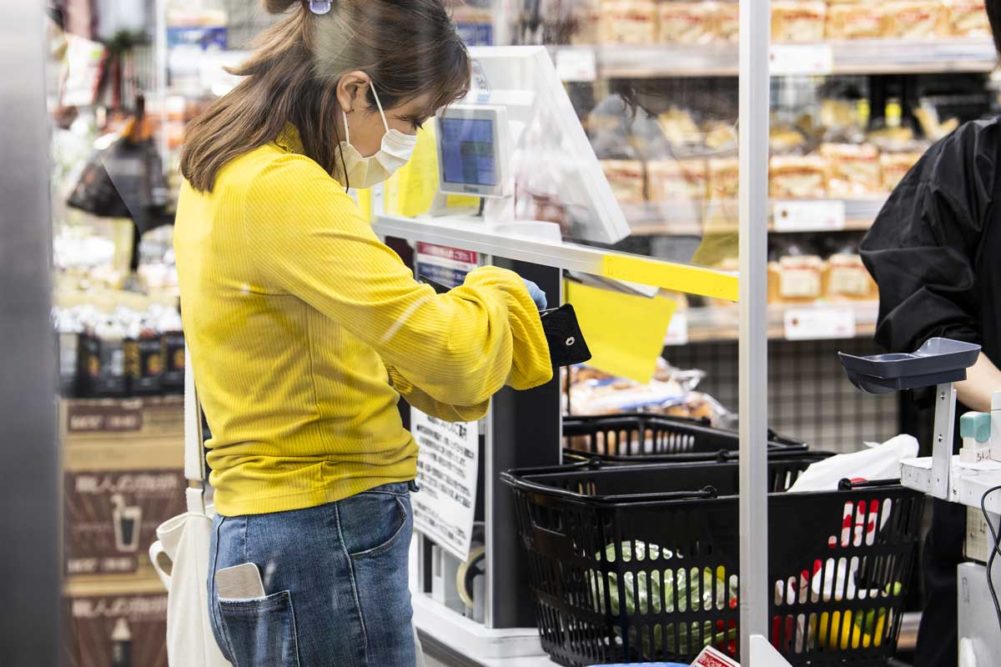 Coming off the highs of extraordinary second-quarter financial results, executives from many leading food companies have expressed confidence about how well their businesses are positioned for the post-pandemic world. What many executives have failed to adequately address is the risk businesses face during the remainder of the pandemic. While it is impossible to predict with certainty what will transpire over coming weeks and months, the risk is high that economic conditions will be more difficult than over the past several months.
Coming off the highs of extraordinary second-quarter financial results, executives from many leading food companies have expressed confidence about how well their businesses are positioned for the post-pandemic world. What many executives have failed to adequately address is the risk businesses face during the remainder of the pandemic. While it is impossible to predict with certainty what will transpire over coming weeks and months, the risk is high that economic conditions will be more difficult than over the past several months.
Despite millions of job losses and extraordinary uncertainty about the economic outlook, retail sales during the pandemic have been more than strong. Walmart Inc. and Target Corp. each recently announced earnings up about 80% and strong sales gains. Many factors contributed to the strength of the business, including more eating at home, but C. Douglas McMillon, president and chief executive officer at Walmart, said no tailwind was more important for Walmart results than the fiscal stimulus lining the pockets of Americans. As stimulus spending tapered during the quarter, Walmart sales normalized somewhat, he added.
With congressional leaders unable to reach agreement on a new stimulus package, bakers and other food manufacturers should brace for what may be a rocky road. Consumer spending is expected to take a major hit, offering a truer representation of the nation’s injured economic condition.
The impact on food demand, including for baked foods, could be significant. Unlike earlier periods of economic weakness, food spending during the Great Recession of 2008-09 came under pressure, measured both in sales volume and dollar sales.
The hit could be even harder this time around, based on recent analysis by David Portalatin, vice president of The NPD Group. Speaking Aug. 26 at the Trends and Innovations seminar hosted by Food Business News, sister publication to Milling & Baking News, Mr. Portalatin said the effects of millions of job losses will be compounded by a significant upward bump in food prices, the largest in eight years. The food at home price index rose 4.6% over the past year, according to Consumer Price Index data from the Bureau of Labor Statistics. Additionally, while food-at-home spending often is boosted during recessions by a demand drop in the foodservice business, it’s unlikely such a shift will be forthcoming from the already beleaguered restaurant sector. To the contrary, to the degree restaurant traffic continues to slowly (or not so slowly) recover ahead, retail demand will face still another headwind.
Mr. Portalatin said The NPD Group already is seeing signs consumer behavior is changing in ways unfavorable for sales volume. Food waste avoidance has become a greater priority and is affecting purchasing decisions. Consumers are worried.
“We did find in a weekly survey in April 40% of consumers reported being concerned about having enough money for food,” he said.
Many consumers were more than concerned. The NPD Group witnessed a large increase in food bank usage. In June, 10% of consumers said they had used a food bank, and 44% were first time users.
An area of stepped-up demand may be programs like the Supplemental Nutrition Assistance Program (SNAP). Going into the pandemic, utilization of federal food and nutrition assistance was at more than a 10-year low. The decline was attributed to the steadily growing economy and the decline in the unemployment rate to 3.7% from 7.4% over the time period. SNAP spending fell 30% between fiscal 2013 and fiscal 2019. The decline ended abruptly in April 2020, when SNAP enrollment jumped by about 6 million to 43 million people, a 15% increase in a single month.
Shifts of this magnitude in the economic profile of consumers usually unfold over the course of months and years, not days and weeks. The coronavirus pandemic has demanded a degree of agility for grain-based foods executives never witnessed before. Given the worrisome near-term economic outlook, now is not the time for anyone in the industry to let their guard down





